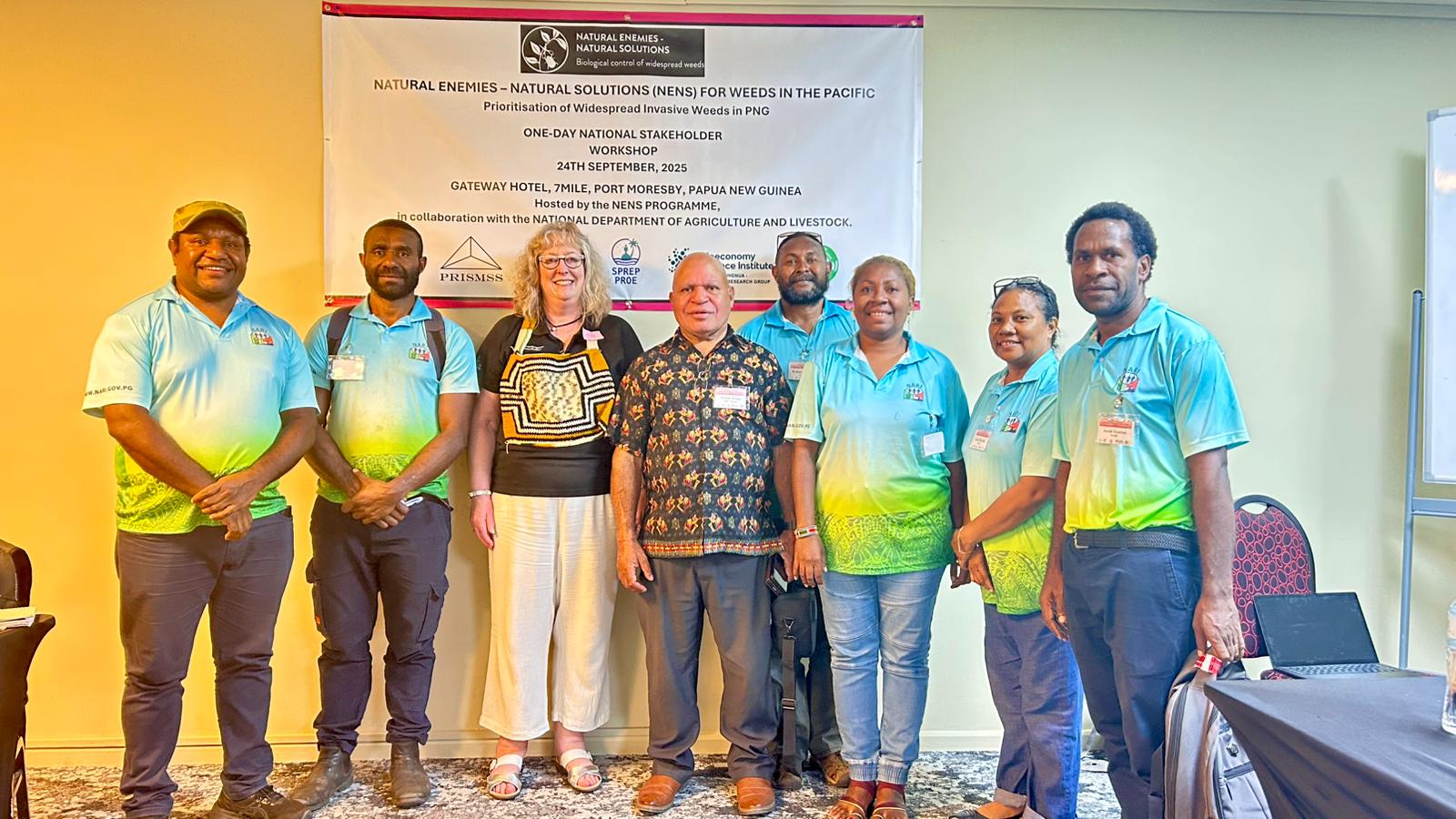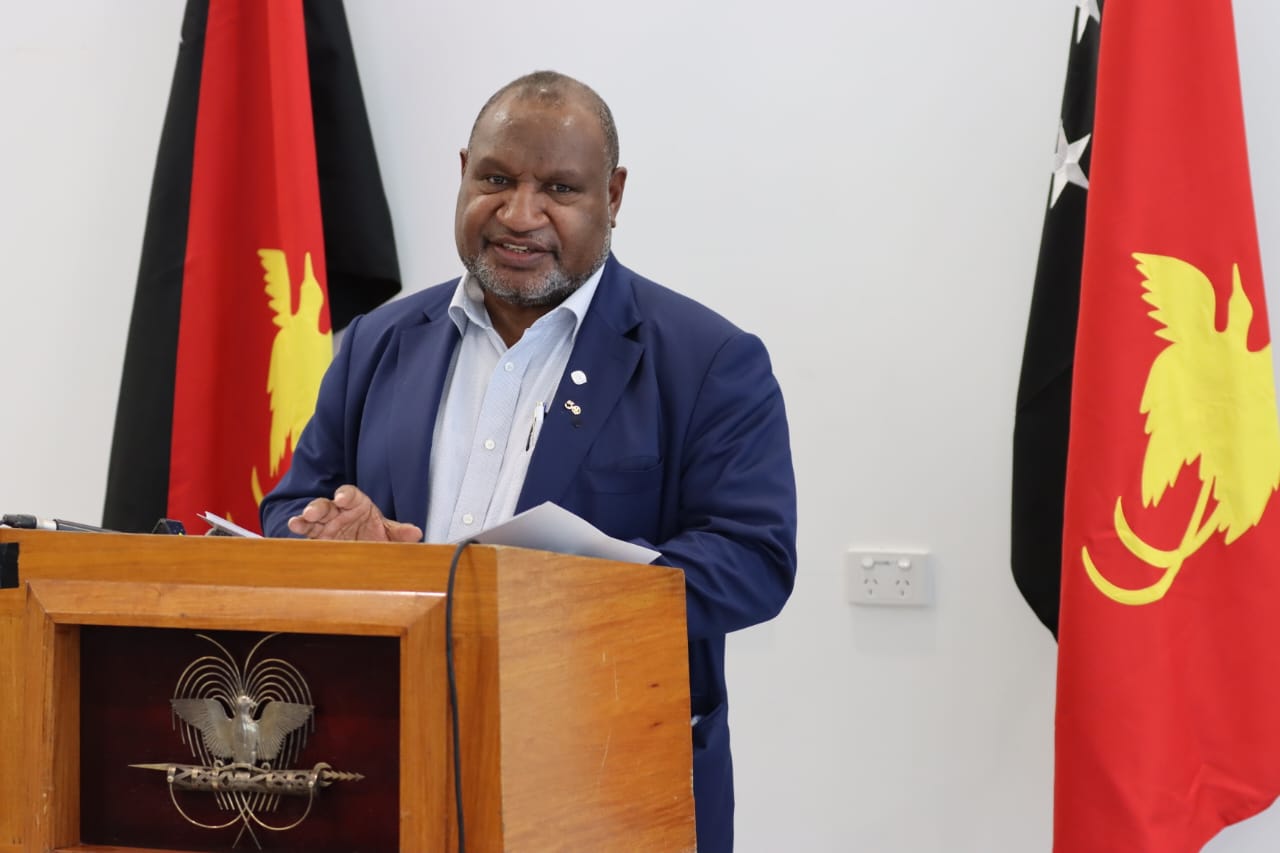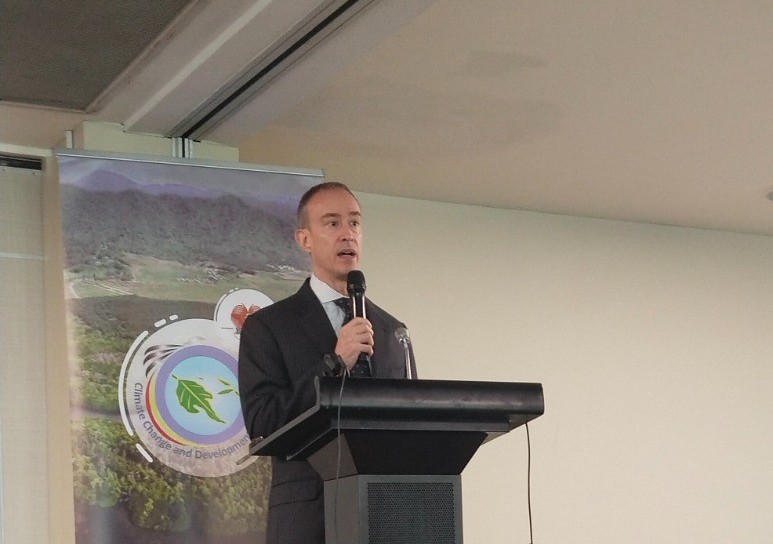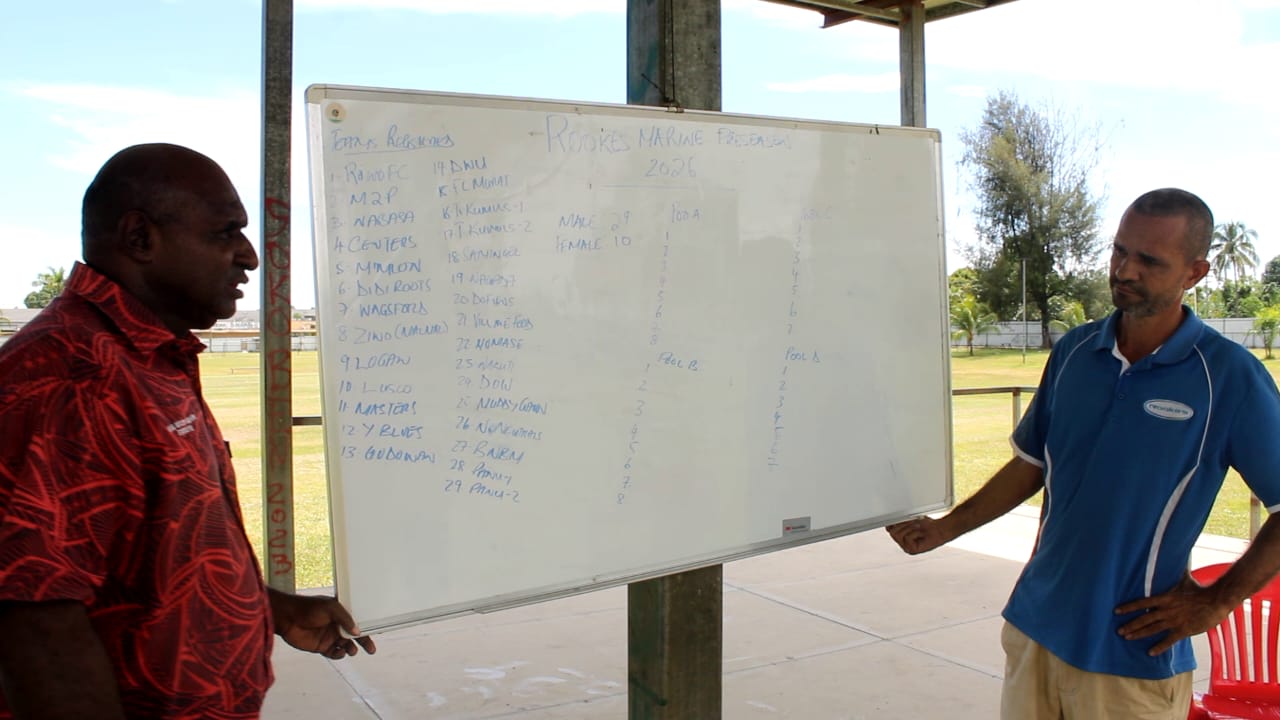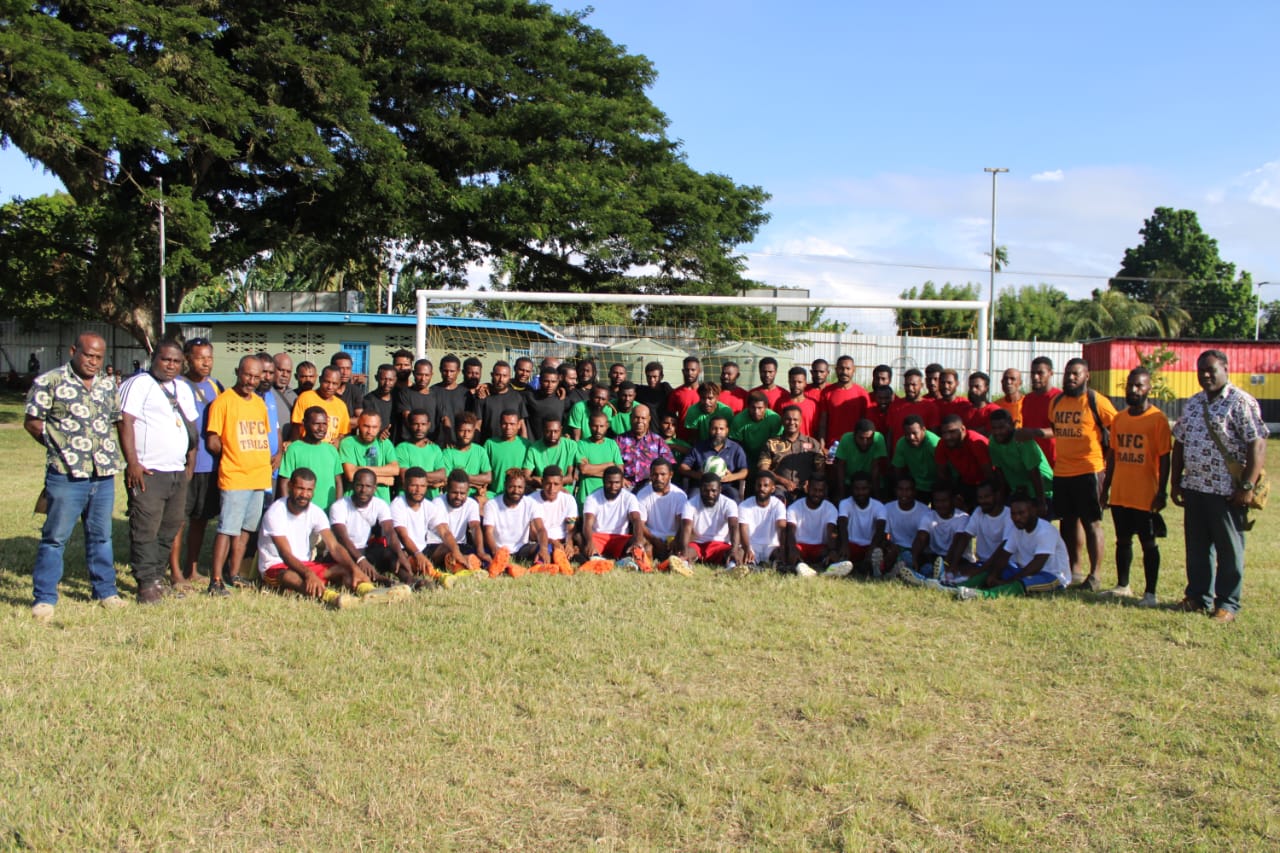Papua New Guinea (PNG) is ramping up its efforts to tackle the growing threat of invasive weeds, with the National Agricultural Research Institute (NARI) stepping into a regional initiative focused on sustainable, biological control methods.
Six NARI scientists joined key government agencies and partners in Port Moresby on September 24 for the National Stakeholders Workshop on Invasive Species, a one-day event aimed at boosting the country’s capacity to manage the spread of harmful weed species.
Hosted by the New Zealand Bioeconomy Science Institute in collaboration with the Department of Agriculture and Livestock (DAL) under the Natural Enemy Natural Solutions (NENS) program, the workshop marked PNG’s first major step toward re-engaging in biological control, an area where the country once led the way.
PNG has a strong legacy in biological weed control, having successfully introduced 19 natural enemies since the mid-20th century.
However, no new introductions have occurred since 2014, despite the rising spread of new invasive weeds, partly fuelled by climate change and environmental disruptions.
Rodney Aku from NARI’s Momase Regional Centre stated that invasive weeds are silently undermining food production and rural livelihoods.
“Reviving the natural enemies’ approach can restore balance in our ecosystems and safeguard agriculture for future generations.”
The NENS initiative, spearheaded by the Pacific Regional Environment Program (PREM) and led by the New Zealand Institute of Bioeconomy Science, supports Pacific countries in adopting long-term, environmentally friendly solutions to weed management by using carefully selected natural enemies that target invasive species without harming crops, communities, or local ecosystems.
So far, eight Pacific nations including, Fiji, Samoa, Vanuatu, Cook Islands, Marshall Islands, Niue, Tuvalu, and Tonga, are participating in the NENS program.
PNG’s active interest marks a significant expansion of the initiative in the region.
Representatives from NARI, NAQIA, DAL, CEPA, and several NGOs attended the workshop, focusing on three key goals:
• Building a shared understanding of the threat posed by invasive weeds in the Pacific.
• Identifying and prioritizing the top 10 invasive weed species in PNG.
• Exploring opportunities for collaboration and institutional alignment to improve national weed management systems.
NARI staff from research centres across the country including Bubia, Kerevat, Laloki, Aiyura, and Tambul, contributed regional insights to the discussions, highlighting the diverse challenges faced in different parts of PNG.
The outcomes of the workshop are expected to shape national policy and planning on invasive species and could position PNG as a leader in the Pacific for using biological control to promote sustainable agriculture and protect ecosystems.
